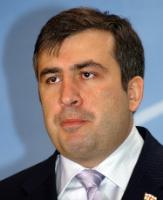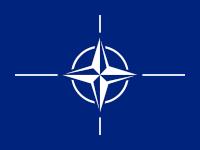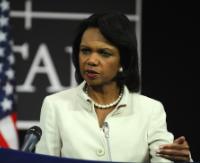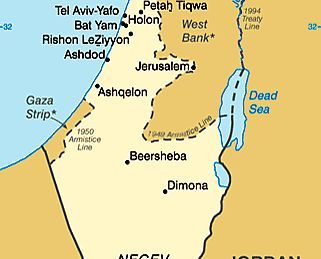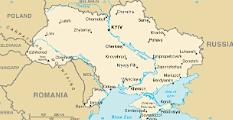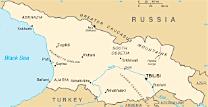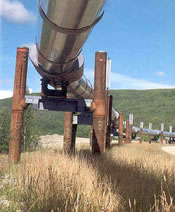
While control over routes for the export of oil and gas to Western markets was clearly not the primary cause of the recent hostilities between Moscow and Tbilisi, the vital role of the Caucasus as an energy transit route nevertheless cannot be ignored in the context of Russia’s increasingly tense relationship with the United States and its European allies. The collapse of the Soviet Union in the 1990s led to the formation of several breakaway republics in the Caspian region, an energy-rich area which had been off limits to Western investment. That these newly formed states with substantial reserves of […]

